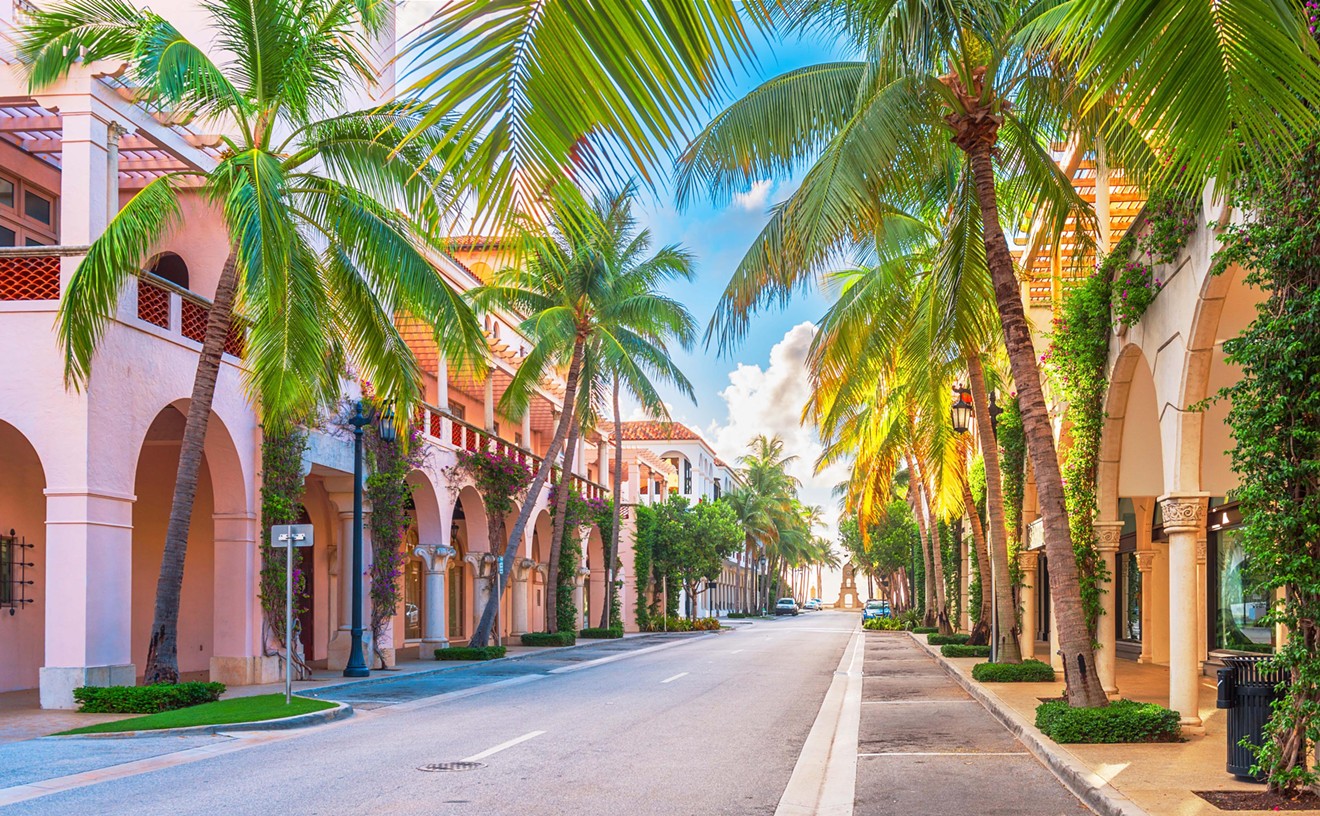On Tuesday, those same activists won a huge victory when a Washington, D.C. appellate court panel sided with the Sierra Club, saying the federal agency that reviewed the project had made a huge error. In the narrow 2-1 decision, U.S. Circuit Judge Thomas B. Griffith wrote that the Federal Energy Regulatory Commission (FERC) should have considered the impact of the pipeline's added greenhouse gas emissions.
"We agree that FERC’s environmental impact statement did not contain enough information on the greenhouse-gas emissions that will result from burning the gas that the pipelines will carry," Griffith wrote for the majority.
Though the ruling is a big win for the Sierra Club, the practical impact of the court decision is still unclear. Sabal Trail spokeswoman Andrea Grover tells New Times that pipeline owners are still reviewing the ruling, adding that "the court’s decision will not affect... operations at this time."
For Sierra Club representative Merrillee Malwitz-Jipson, though, the decision Tuesday is significant for the Florida, Georgia, and Alabama residents who live alongside the pipeline.
"This type of outcome shows them that they do have a voice, that they do matter and people do matter," she says. "Corporations think they can do whatever they want to people on the ground, but the reality is the citizens do matter and do count."
In reviewing pipelines and other energy-related projects, FERC is supposed to prepare what's called an environmental impact statement that examines the potential environmental damages as well as whether the public was adequately informed about the project. The Sierra Club's lawsuit argued that the report about the Sabal Trail Pipeline didn't properly address greenhouse gases or the fact that much of the pipeline cut through so-called environmental justice communities, where the majority of residents are impoverished and already overburdened by pollution.
Though the D.C. judges said there was nothing wrong with FERC's consideration of the poor, minority residents who live along the pipeline, they did agree the agency failed to estimate
"When an agency thinks the good consequences of a project will outweigh the bad, the agency still needs to discuss both the good and the bad," Judge Griffith wrote.
Next, another environmental impact statement will likely have to be prepared, though there could be an appeal. For now, it's unclear what will ultimately become of Sabal Trail. Malwitz-Jipson says she hopes the decision will be referenced in future cases when pipeline companies come knocking.
"In this day and age, it's a very significant oversight that these emissions from burning gas were not taken into account," she says. "It's incredibly profound that Sierra Club just won this case. "This is really important as we continue to fight against pipeline expansions for fracked gas in our country."













